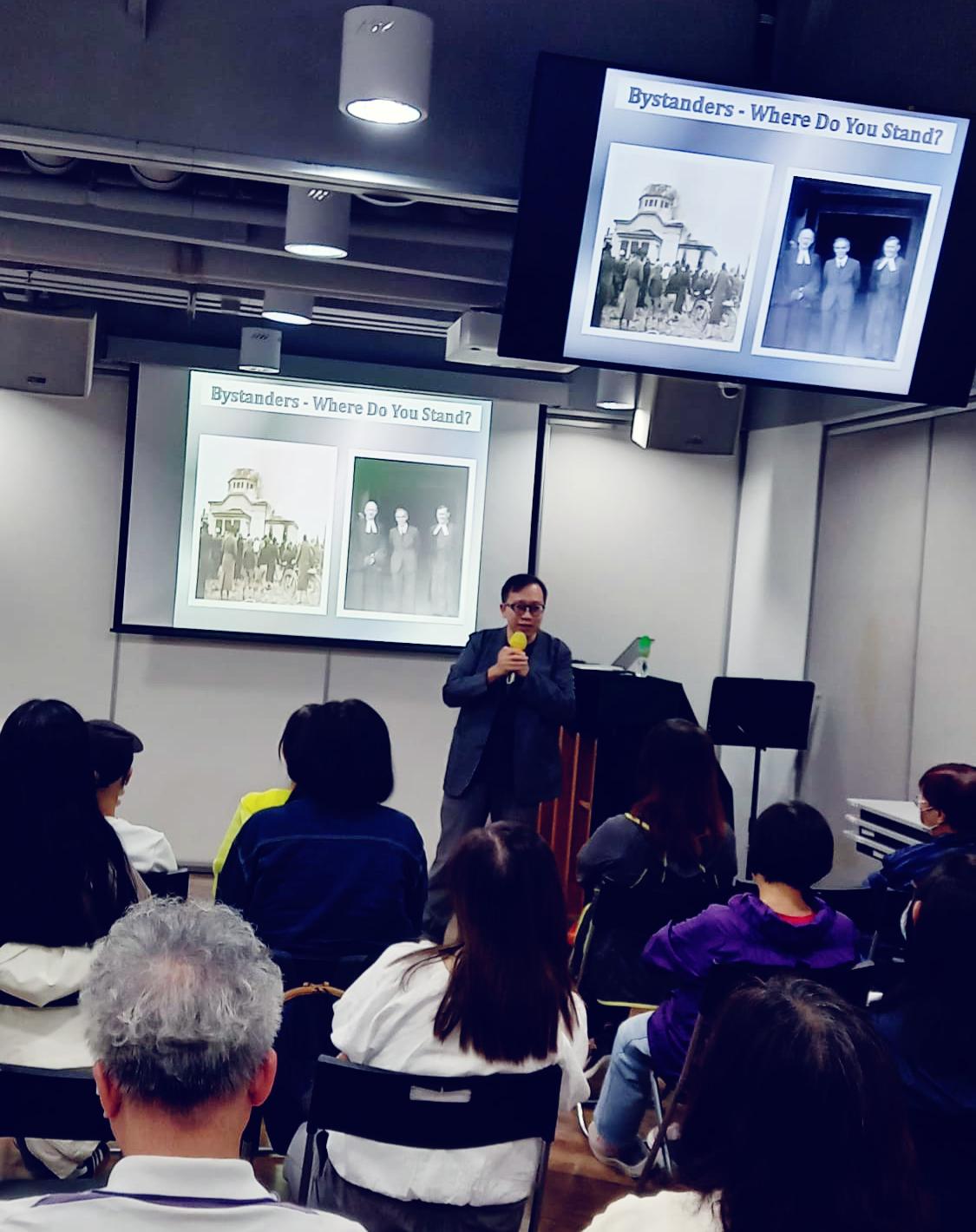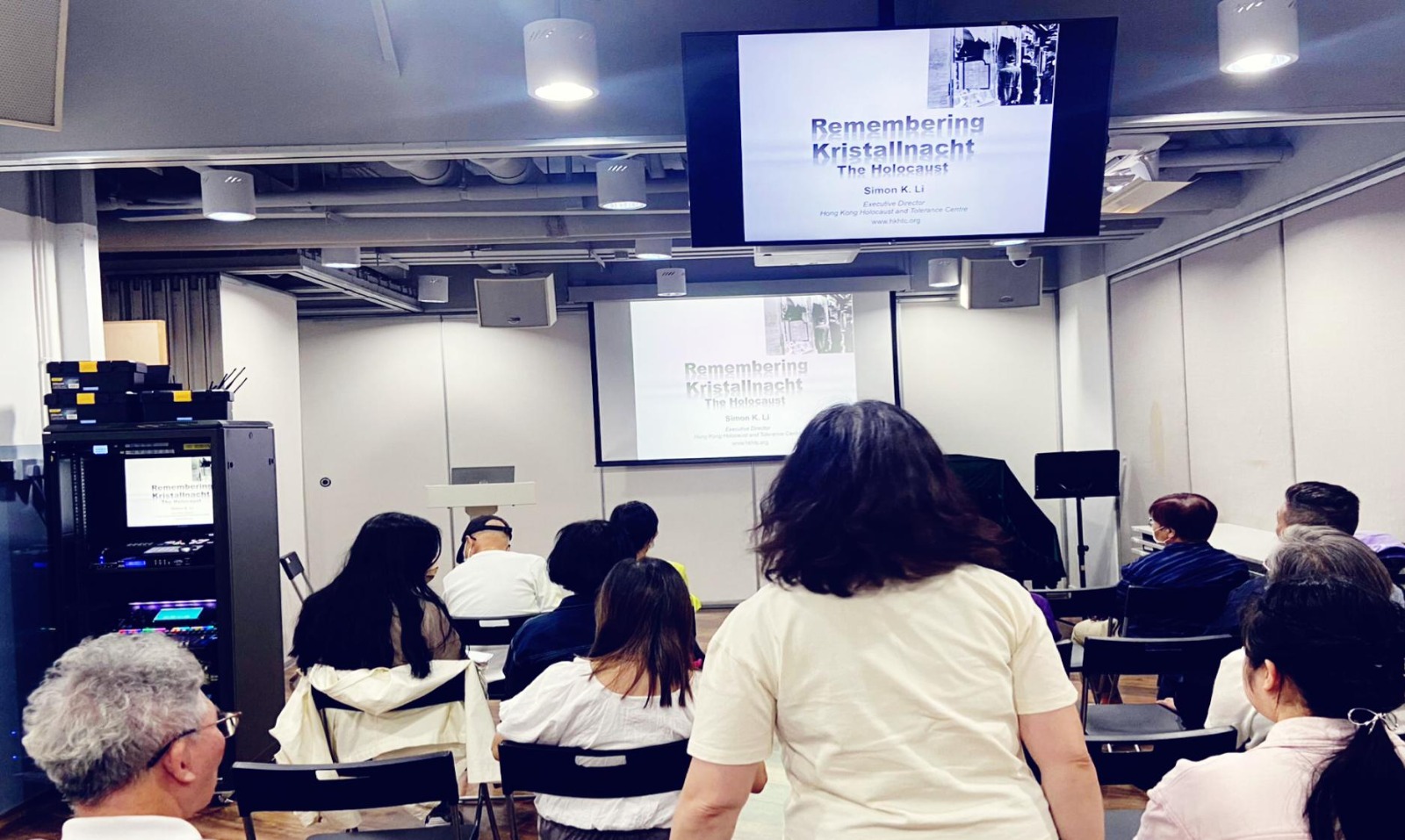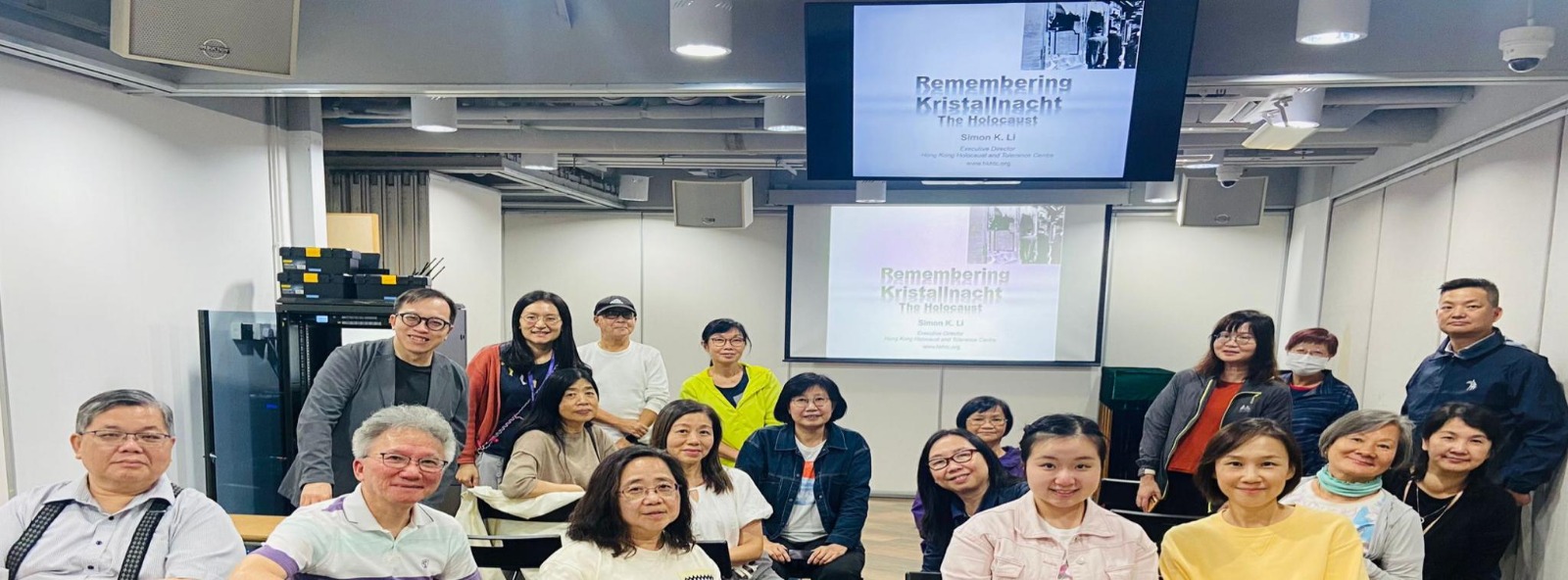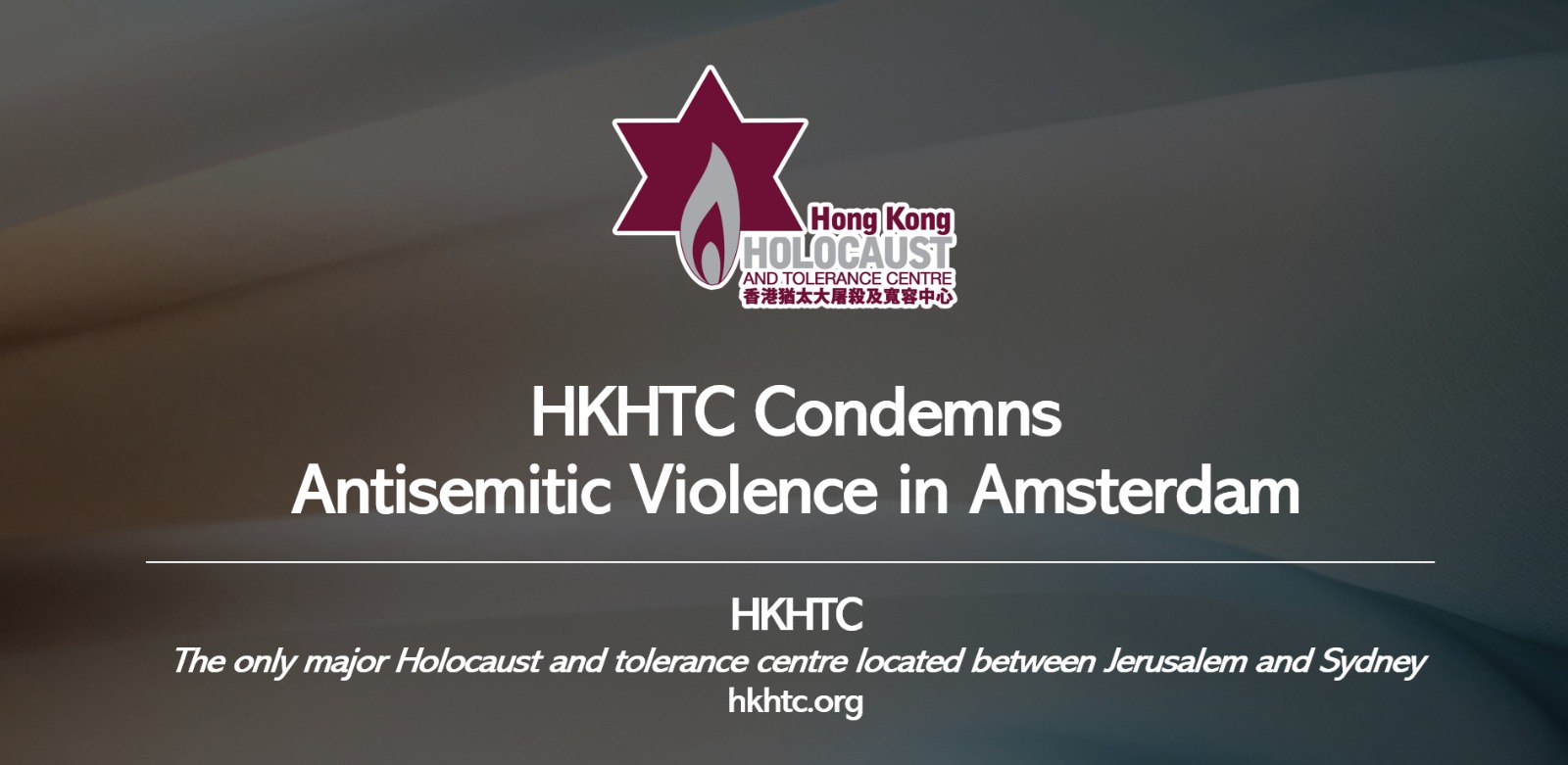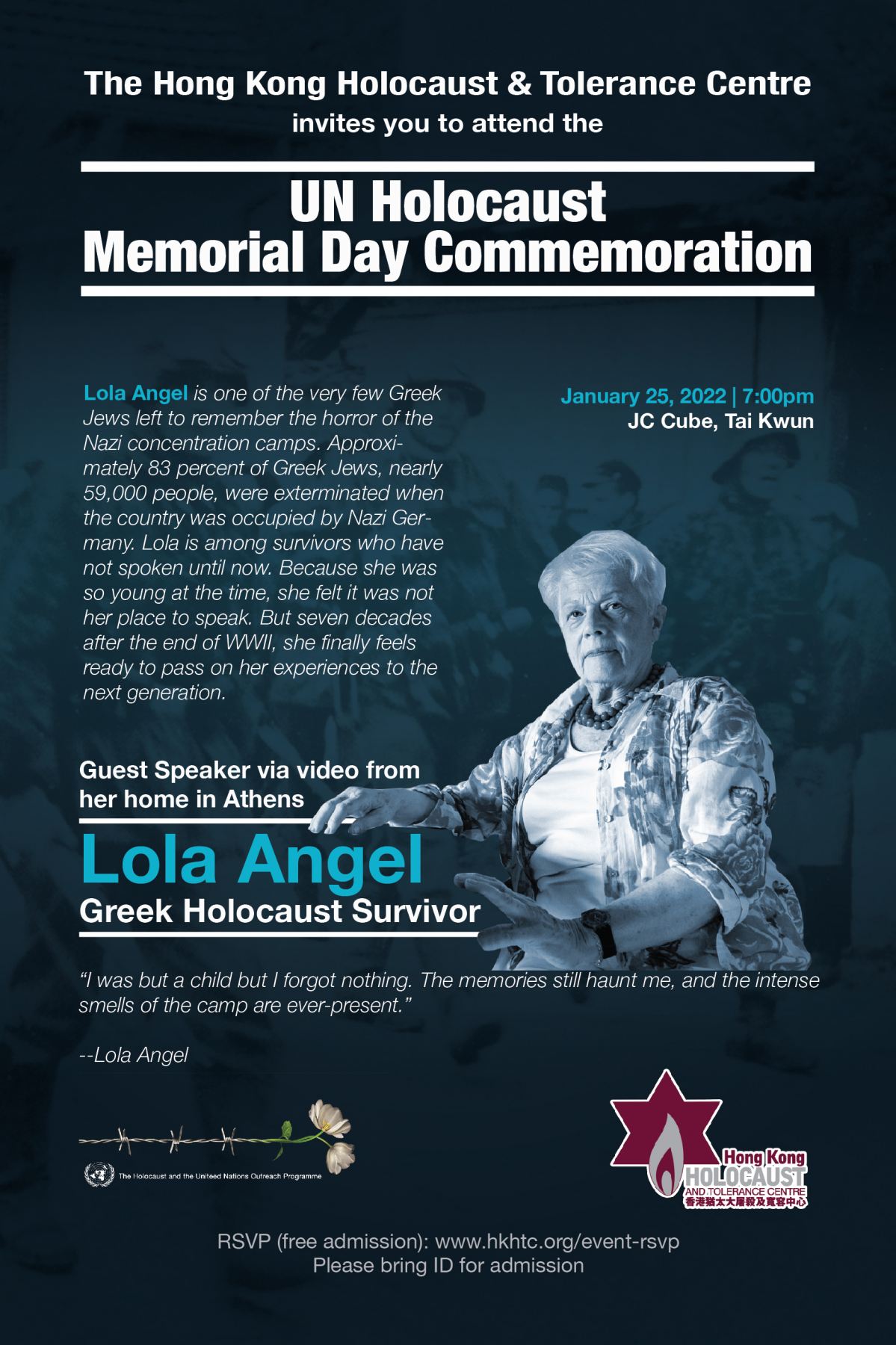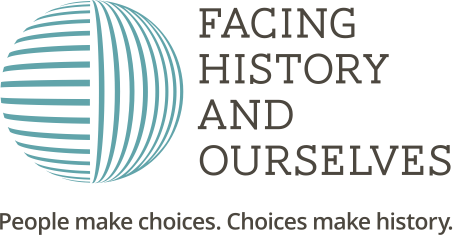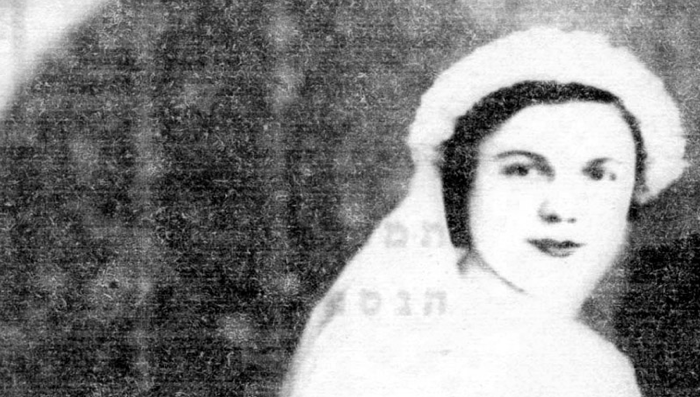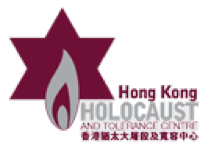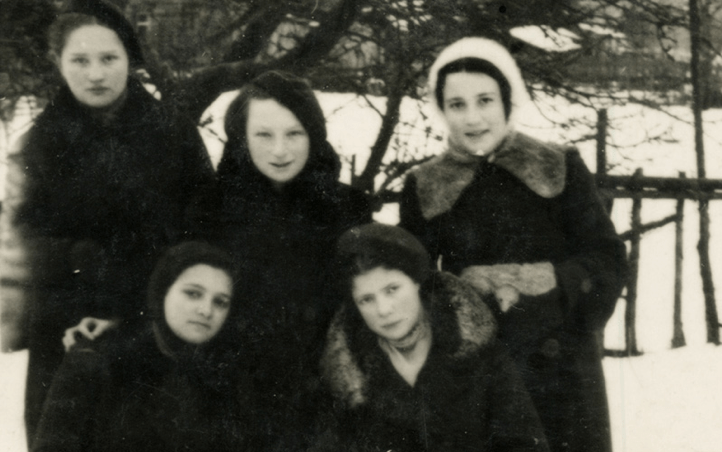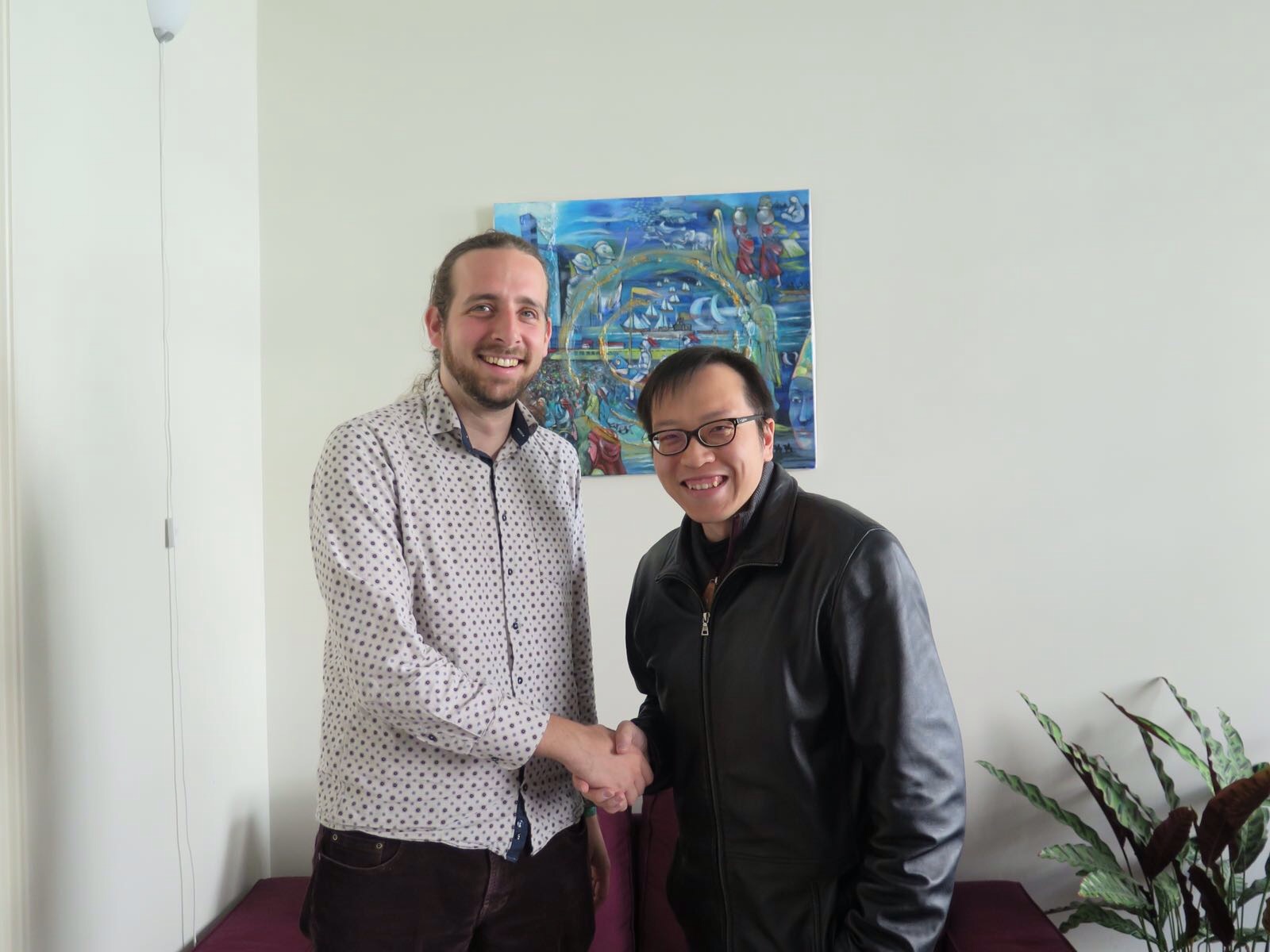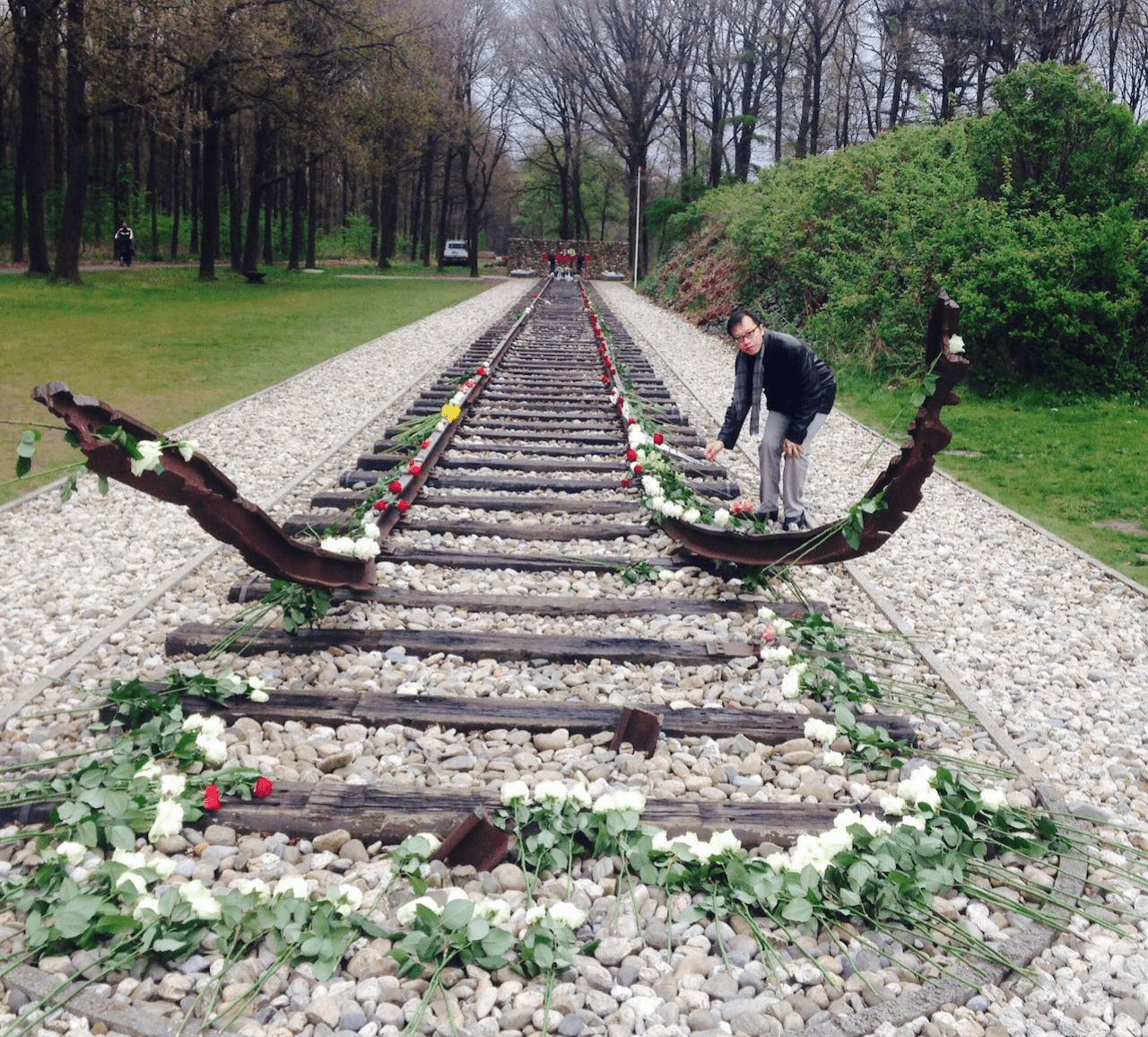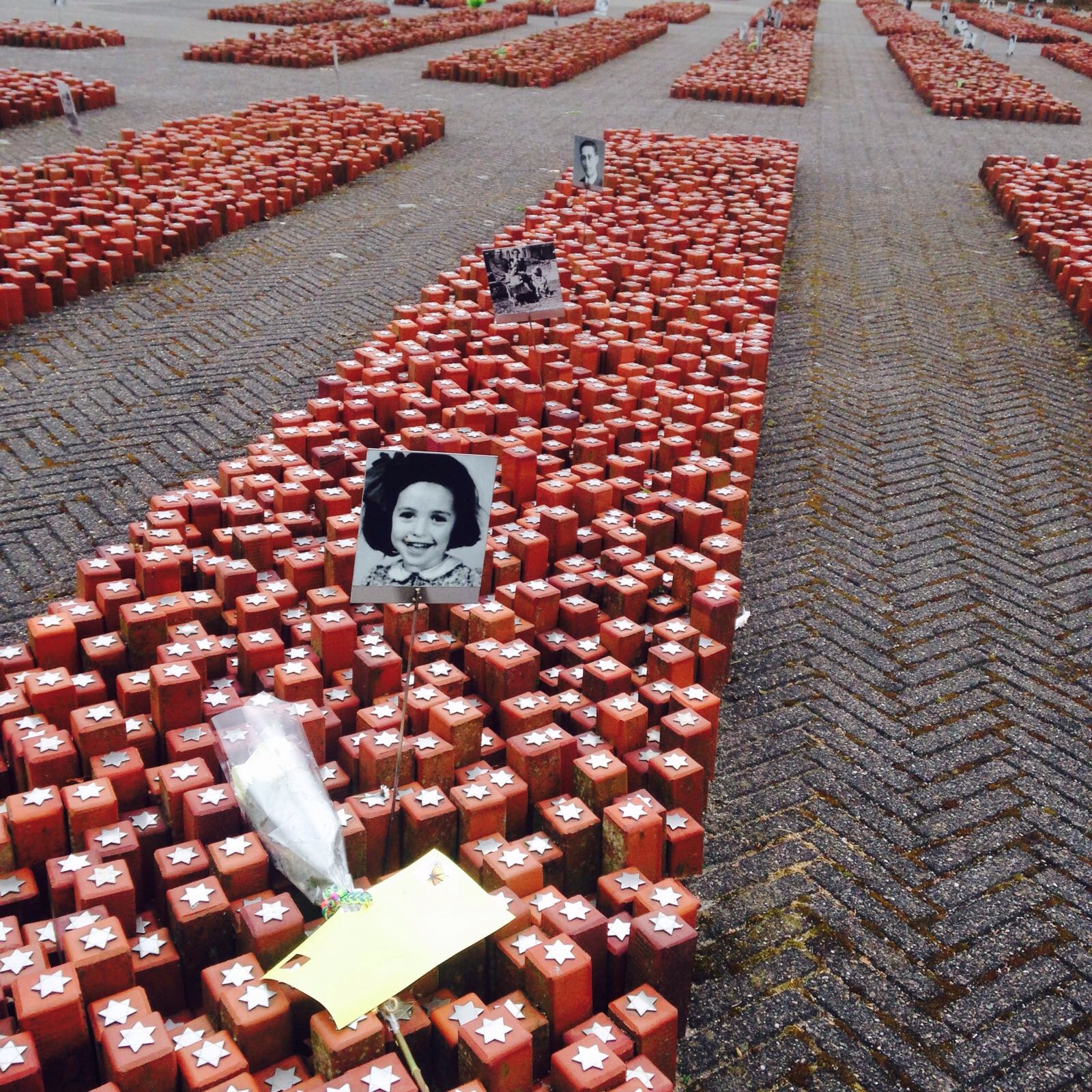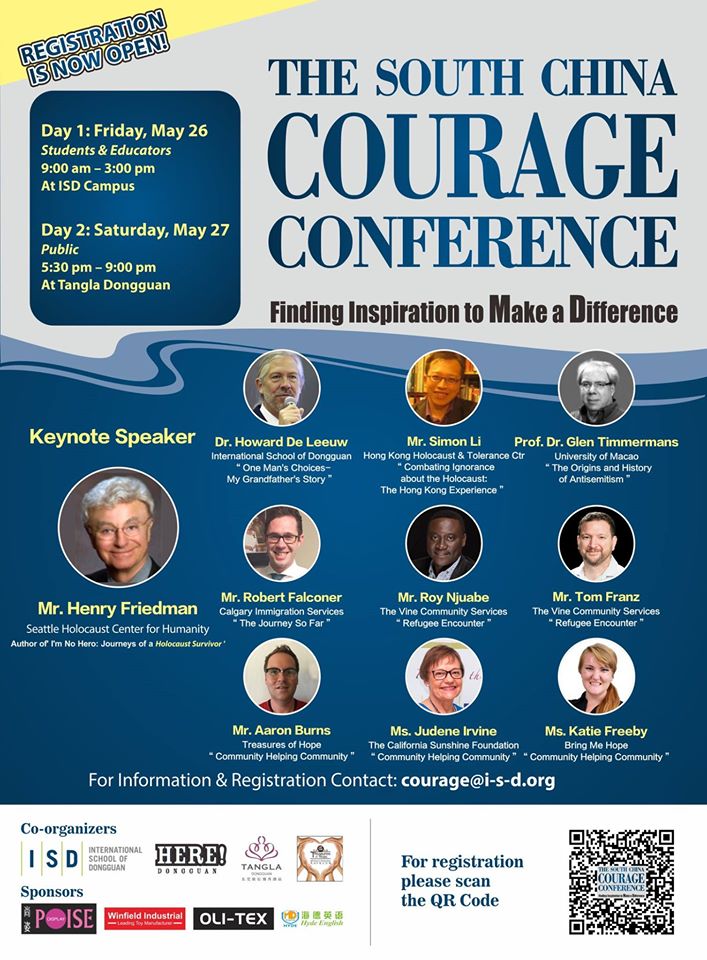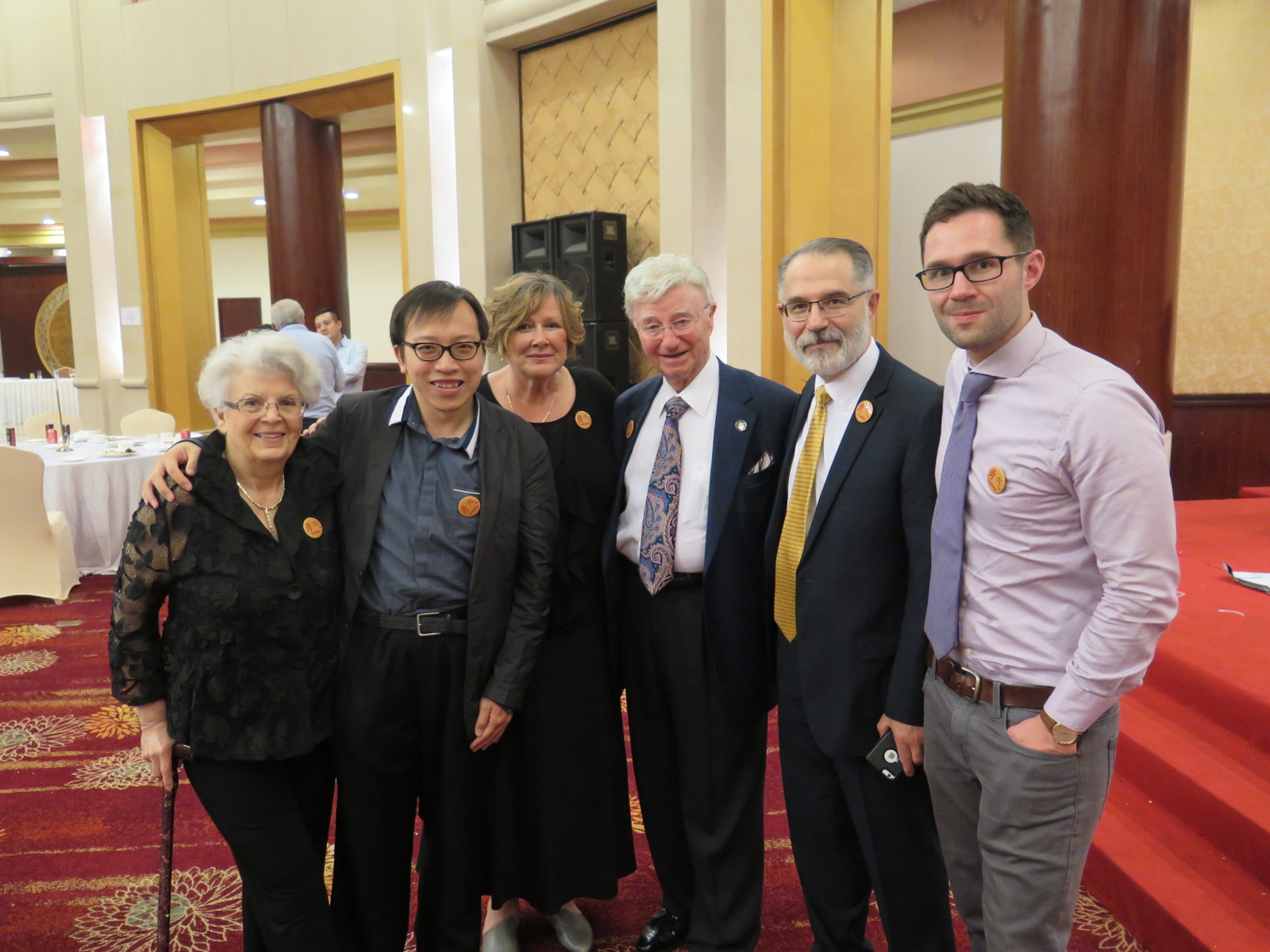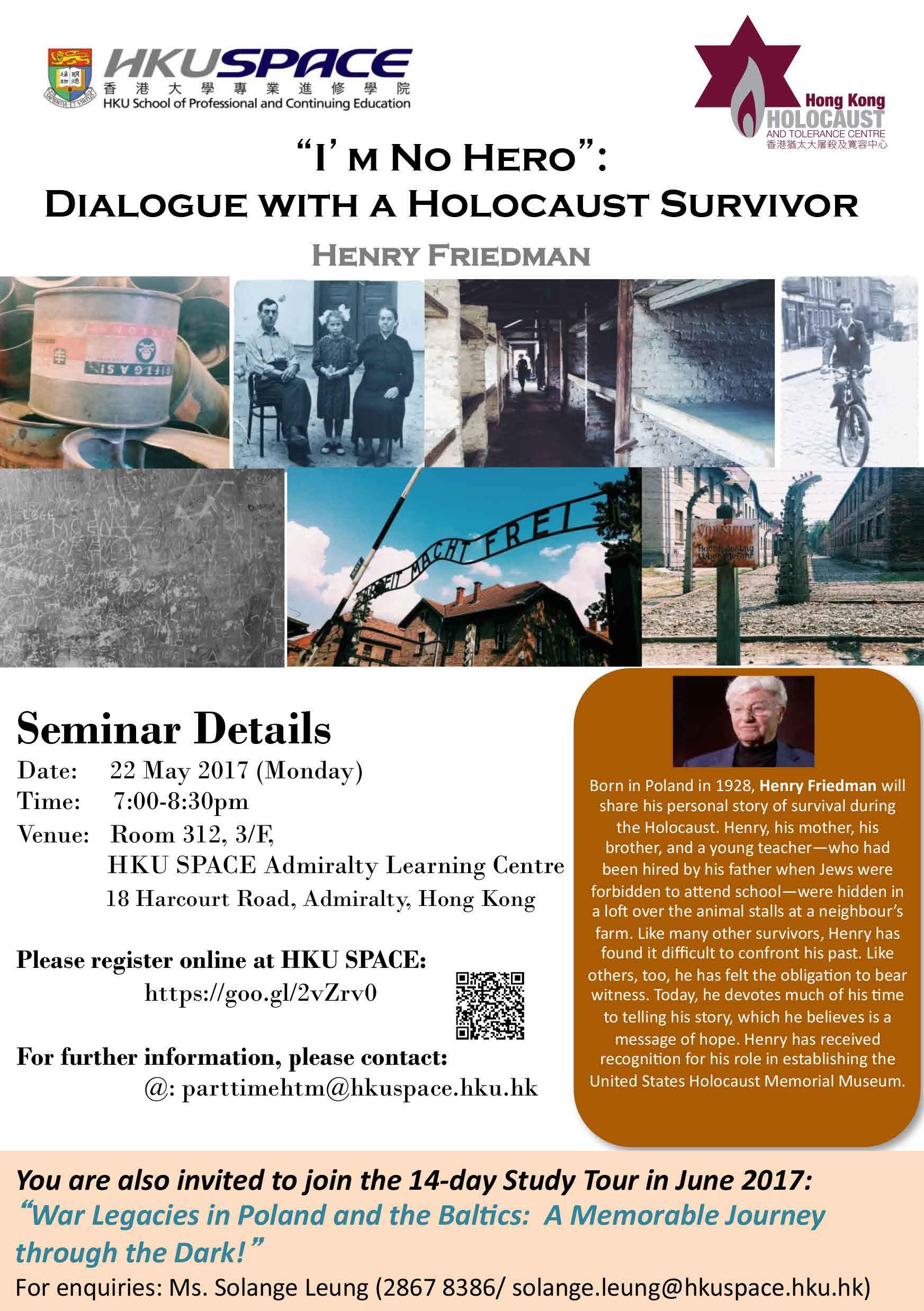Remembering Kristallnacht in Hong Kong
This weekend (November 9 and 10) marks the 86th anniversary of Kristallnacht (the Night of Broken Glass), a pivotal moment in the Nazi persecution of Jews. What began as nonviolent discrimination escalated dramatically during those two days in 1938, when Gestapo-led mobs violently destroyed Jewish businesses and homes, resulting in 91 deaths and the arrest of 30,000 Jewish men. Over 200 synagogues were set ablaze, while firefighters were ordered to let them burn.
In remembrance of this tragic event, HKHTC’s Executive Director and USC Shoah Foundation’s Senior Fellow, Simon K. Li, delivered a lecture titled “Remembering Kristallnacht” to the local Chinese community. The audience engaged deeply, raising important questions about Kristallnacht, the Holocaust, and the rising tide of antisemitism globally.
Join us in reflecting on this dark chapter of history and its relevance today.

